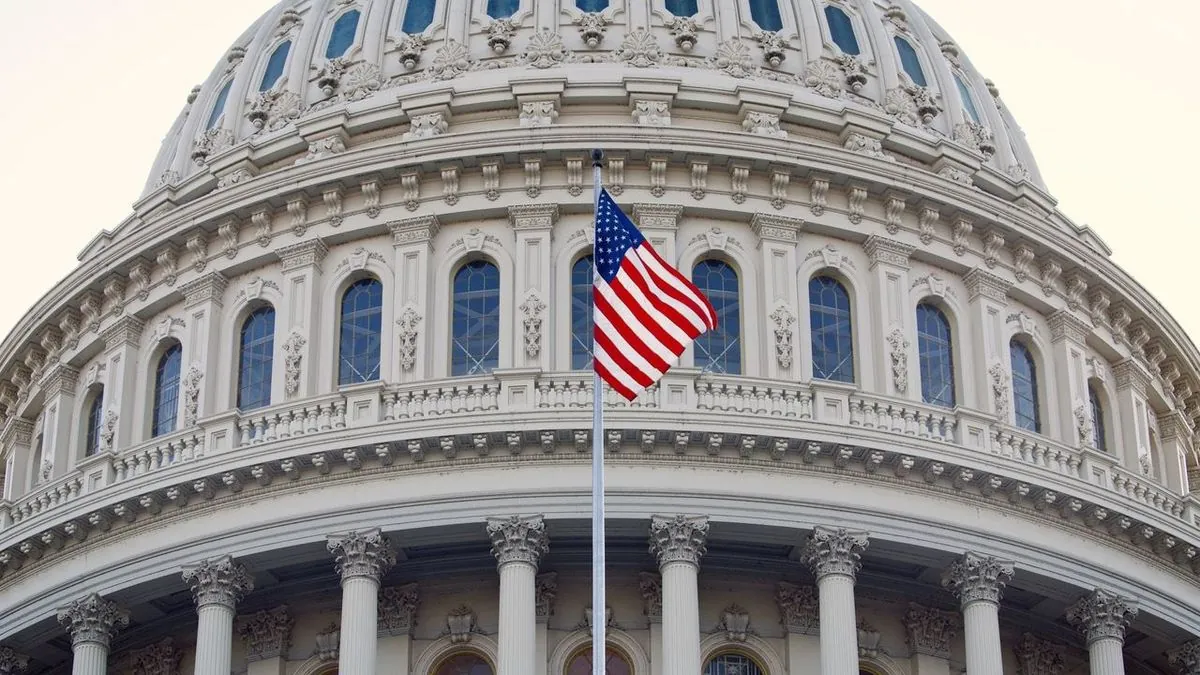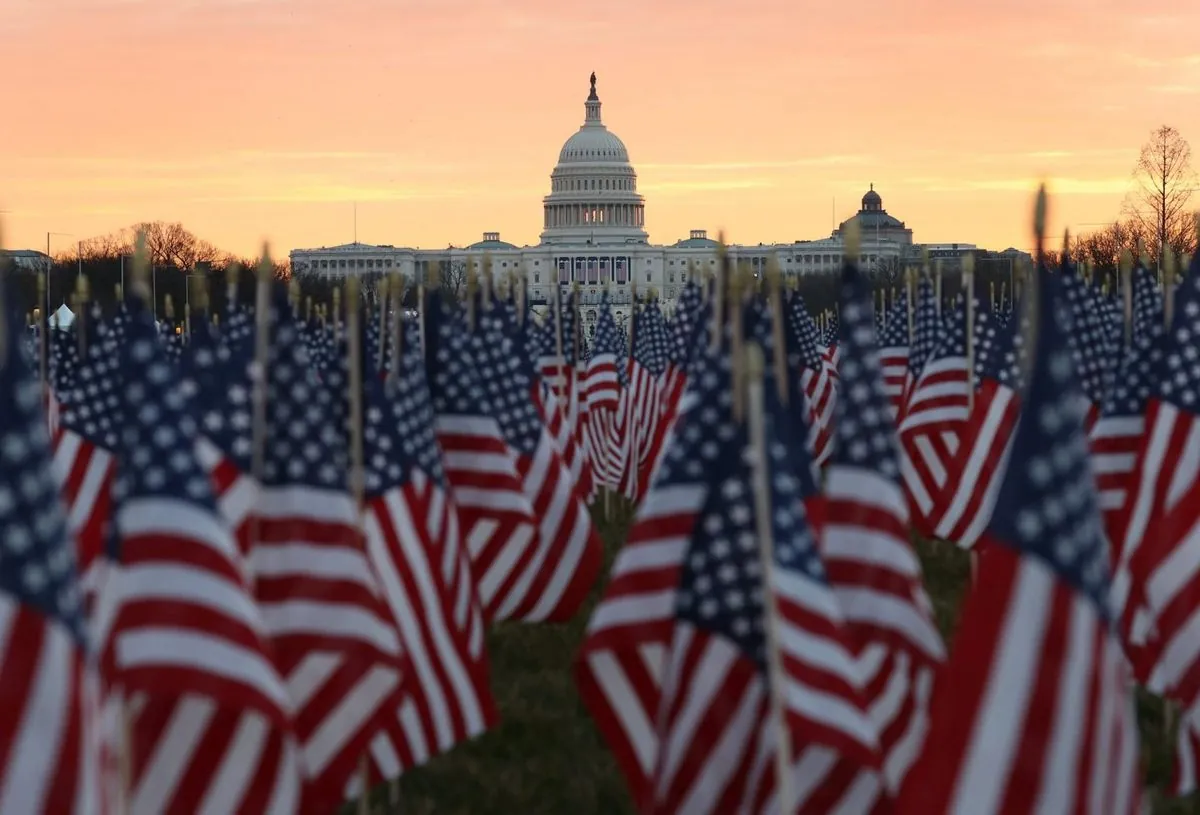State-Level Foreign Lobbying: A New Frontier in US Political Influence
Recent indictments reveal a shift in foreign lobbying efforts from federal to state-level officials in the US. This trend raises concerns about the vulnerability of local governments to foreign influence.

Recent indictments against New York City Mayor Eric Adams and former aide to New York Governor Kathy Hochul, Linda Sun, have shed light on a concerning trend in foreign lobbying efforts within the United States. These cases highlight a shift from targeting federal officials in Washington to focusing on state and local leaders across the country.
The indictment against Adams alleges that he covertly received foreign funding, primarily from Turkey, for his election campaigns and subsequently promoted pro-Turkish policies while in office. Similarly, Sun is accused of acting as an agent for the Chinese government, influencing state-level policies and blocking Taiwanese representatives from meeting with American officials.
These cases represent a watershed moment in understanding how foreign regimes target state-level governments. The Foreign Agents Registration Act (FARA), enacted in 1938 to combat Nazi propaganda, has historically been underenforced. In fact, only seven FARA cases were brought to court in the 50 years preceding 2016.

The shift towards state-level lobbying is not limited to New York. Examples of this trend include:
- China's efforts in California, dating back to 2009, to thwart a proposed "Tibet Day" resolution
- Saudi Arabia's lobbying campaign targeting state officials from Pennsylvania to Alaska
- Hungary's state-funded Danube Institute addressing Tennessee legislators
- Armenia and Azerbaijan's competing lobbying efforts regarding Nagorno-Karabakh in various states
This new paradigm in foreign lobbying raises significant concerns. The US has 50 state legislatures, 3,006 county governments, and numerous local officials, all potential targets for foreign influence. The National Governors Association has even hosted Chinese delegations and organized trips to China for US governors, highlighting the complex web of international relationships at the state level.
Federal agencies are beginning to recognize this issue. In 2022, the National Counterintelligence and Security Center (NCSC) issued a statement warning that foreign governments, particularly China, may seek to use state and local leaders as proxies to advocate for their desired national policies.
"The Chinese government understands that politicians in smaller roles today may rise to become more influential over time. So they look to cultivate talent early—often state and local officials—to ensure that politicians at all levels of government will be ready to take a call and advocate on behalf of Beijing's agenda."
To address this growing concern, increased scrutiny and enforcement of foreign lobbying regulations at the state level are crucial. The US has 50 state attorneys general who can investigate and prosecute cases of foreign interference, and the National Association of Attorneys General has established a Foreign Actions Working Group to address cross-border legal issues.
As the landscape of foreign influence evolves, it is essential to recognize that even smaller US states are potential targets. The time has come for a comprehensive examination of foreign lobbying efforts at all levels of government to ensure the integrity of American democracy.


































